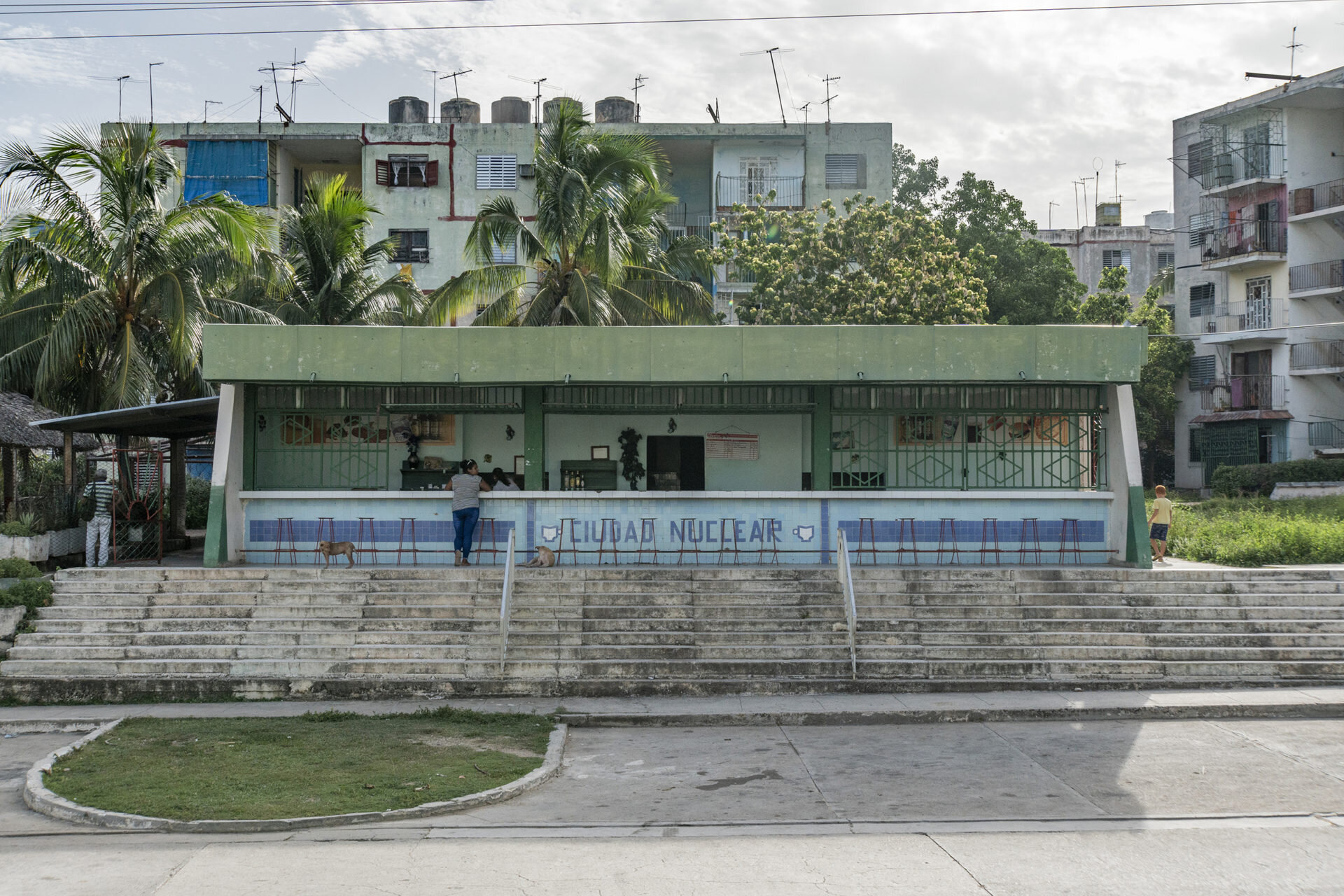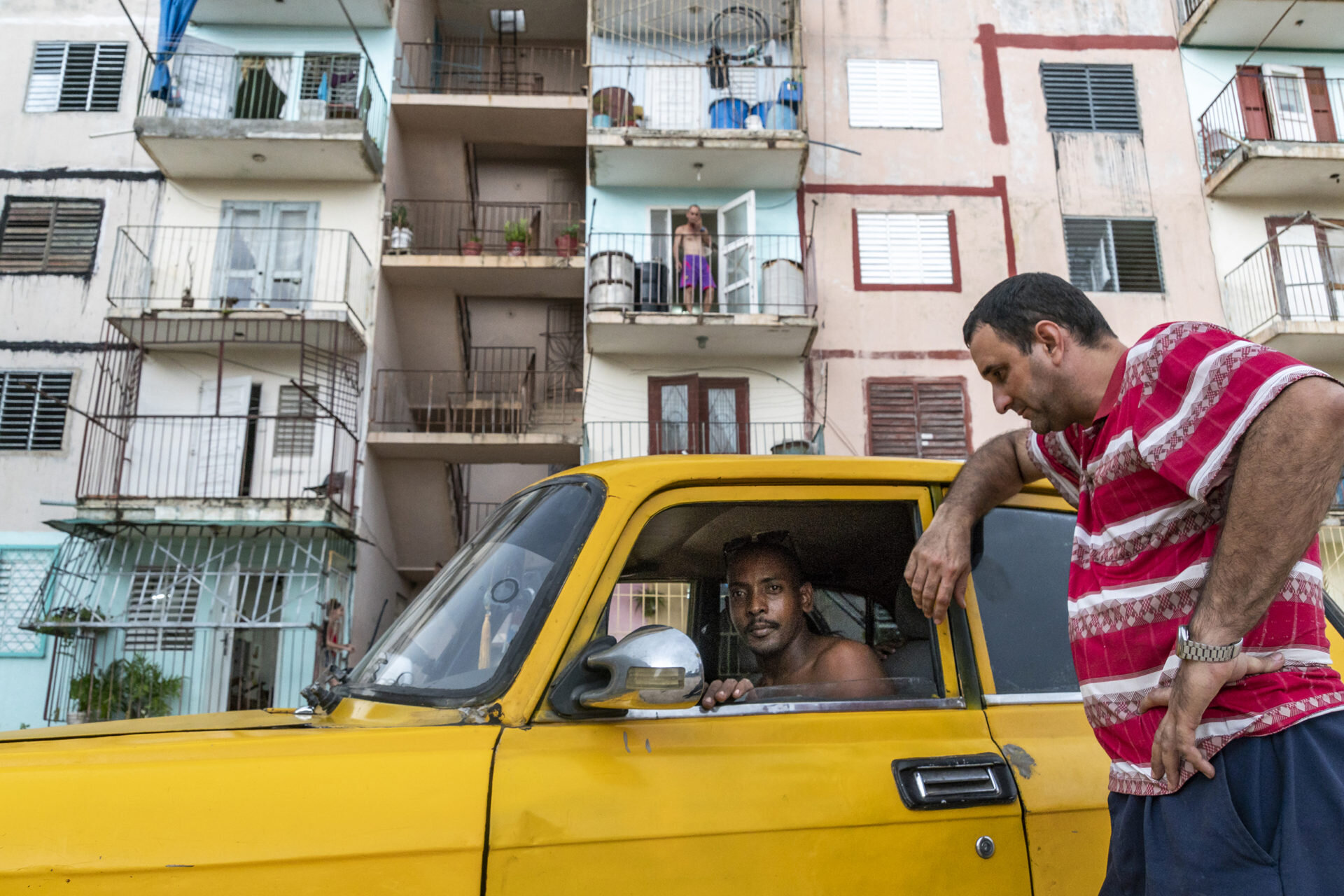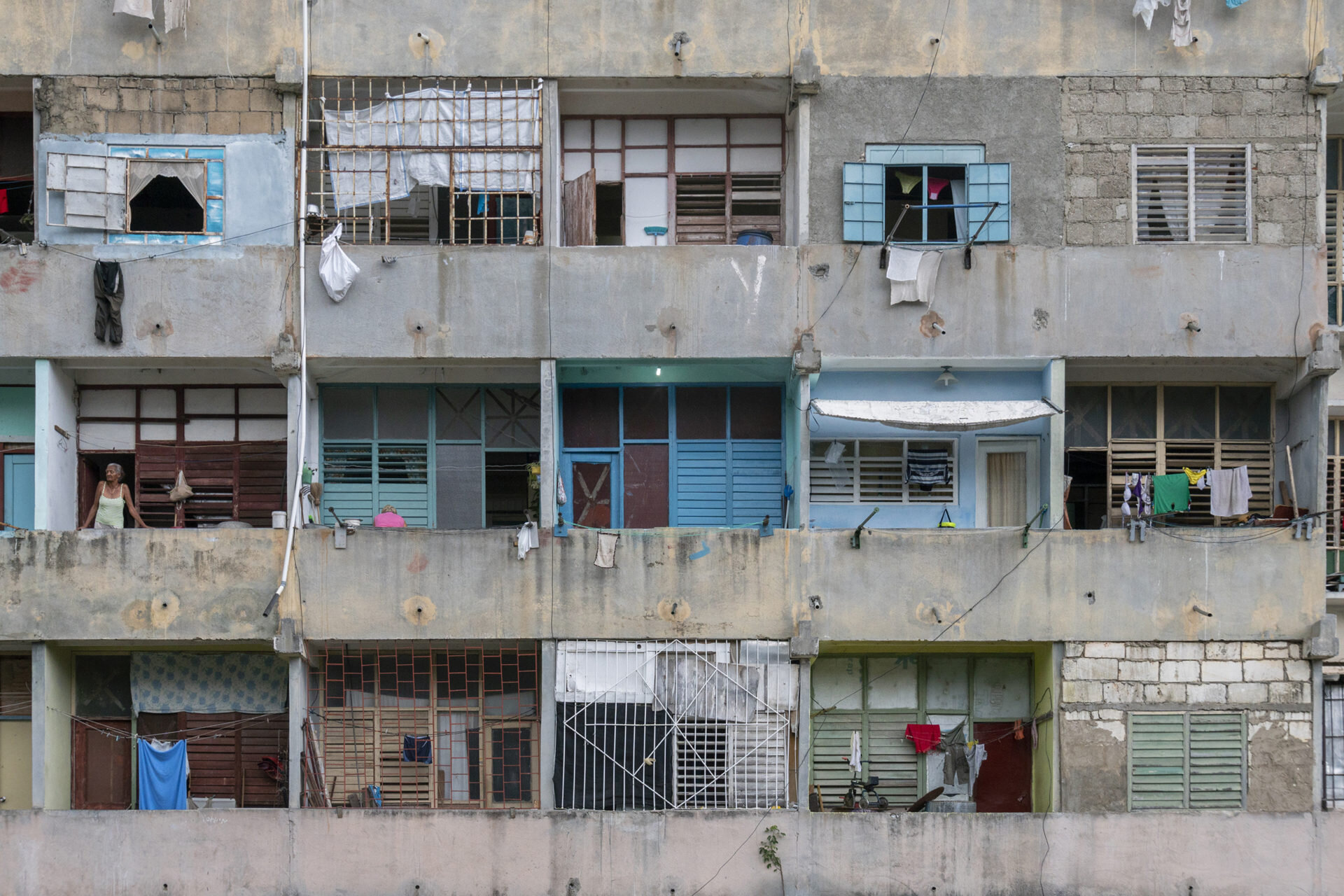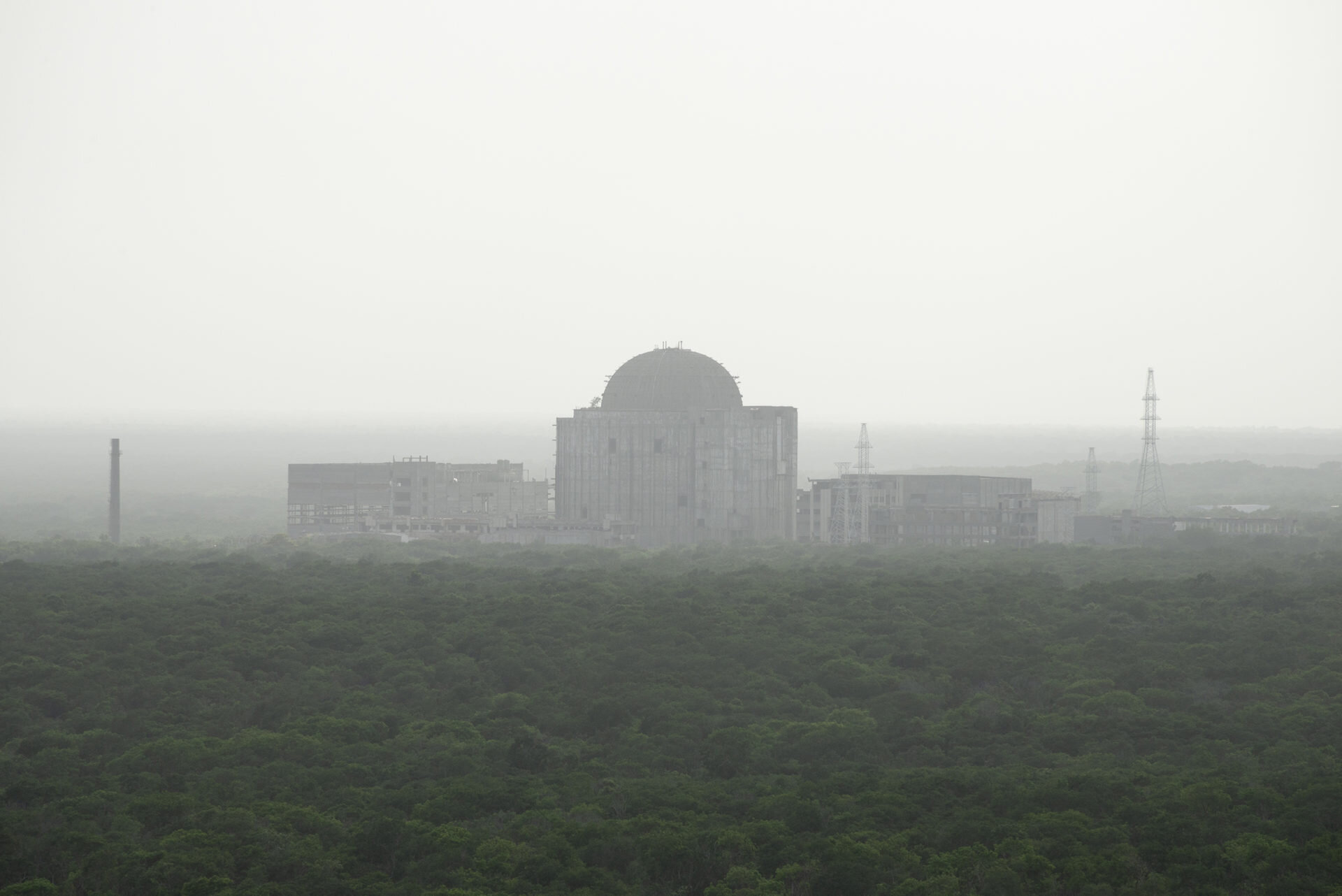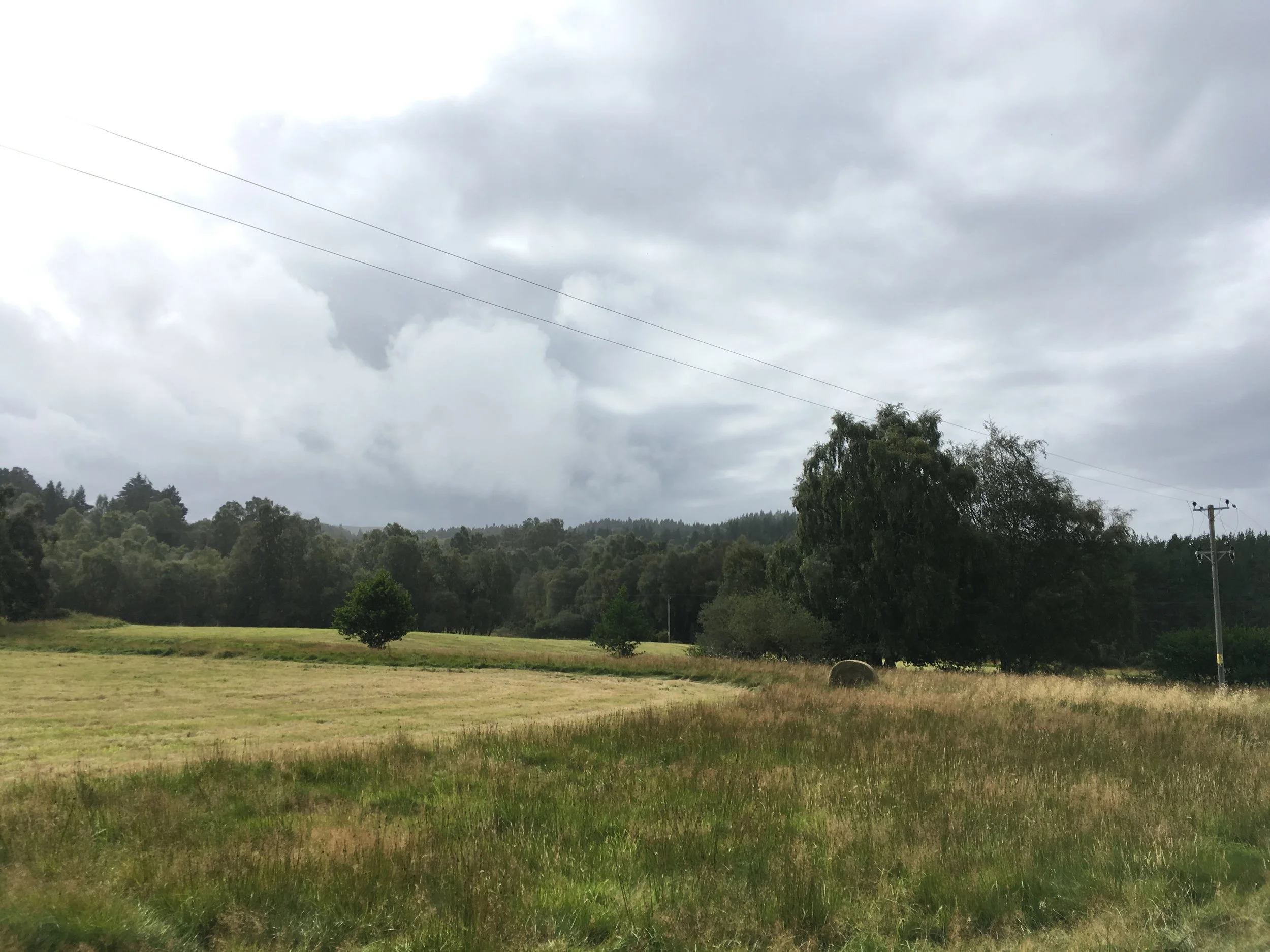Holding Homes
/By Amy Doffegnies:
Believing that there is no place like home is akin to my belief in fate; it brings me comfort, but I stop short of certainty. After almost a decade away, I thought that moving back to my native Cumbrian village of mossy dry-stone walls and black winter branches would be simple. Like the Herdwick sheep that graze the highest fells, I have long been hefted to this home. I have strayed far – making homes in Australia, Thailand and Myanmar – but never letting go of the secret wish to return. When I arrived back I felt the glee of homing and of finally being stationary. But in past months my mind has remained in flight. It flitters far, even as my body, clambering up the deep fells, has willed it to slow, and stay.
Some days I see only symmetry. The other days it is more difficult to write and I breathe at the surface. I am a wanderer amongst people who have their place. For people here, home is unambiguous. The snow-haired gent who, with a craned back, ambles past our house, bickering with Dad about the Labour Party and the broken northern rail service. They share the autumn fruits of the tree beside the beck, taking apples at their respective heights. Then there’s the damson-eyed boy from school. In a yellow puffer jacket, he reads Japanese manga comics on his train home, as it laces across the sands of Morecambe Bay.
The question of whether there is still no place like home loiters around my heart. I wonder if I am the only one – was I mistaken in hurrying back for ‘home?’ Across the countertop, a young woman I went to high school with serves coffee to pay for her next flight. I met with a fellow Cumbrian in Myanmar last year, lanky and handsome, a farmer’s son and now part-time model come English teacher in Yangon; his students speak English in a thick northern accent.
Wherever I have been, I look to poems to steady me. Alongside poems I have taken to carrying other things, fragments of collected homes, physical symbols of vast parts of me that exist, invisible. I hold on to these proofs my other homes, bicycles and blankets. I orient myself by larger, more containing things than before; I follow the phases of the moon, the very same that hung over me in other places.
Opening a freshly acquired copy of the New Cumbrian Anthology of Poems, I come to Robert Macfarlane’s question, which resonates:
“What do I know when I am in this place that I can know nowhere else?”
Nowhere else do I know being a daughter, at home, by the whip of the hearth, it’s different. Nowhere else do I know the pair of white egrets, homing in the evening to the field’s trees. Nowhere else, the grandfatherly brown buzzard patrolling or, by the level crossing, the wink of a deer; or standing in the rust strewn stream, the glint of an eel (or was it?)
And still, there’s something other than here that I cling to, on strolls past square hedges, down green lanes. What of those things I knew of other homes? Am I to know them nowhere else?
*
Sitting on my single bed, under a charcoal fleece and the winter half-light, I hear Pay Pay’s voice at the end of the phone, the rain hammering on his tin roof and the infrequent thud of a mango dropping. Pay Pay (‘Dad’, in Burmese) recently moved back to a small town in Myanmar’s Irrawaddy delta region, where he grew up. From the comparatively modern Thai border town of Mae Sot where we met eight years ago, Pay Pay’s home for a quarter century, it’s a shift. Our life circumstances and the places that we have returned to are worlds apart, but we both find ourselves plunged back into places that we once called home.
This gloomy afternoon, Pay Pay asks with a hint of rascal, “Thamee (daughter), what do you think about fate?” his voice emphatic, accented. My adopted (additional, essential), far-away father is an erudite and graceful rebel. Pay Pay is a former member of the Burmese Communist Party, ex-political prisoner and teacher.
On my days off in Mae Sot, usually on Saturday mornings, I would make my way by bicycle to my Burmese teacher’s front room. His small classroom, like an open shop front, doubled as Pay Pay’s kind-eyed wife Ei Ei’s tailoring business. At the front of their home sat a line of carefully nurtured pot plants: rosella, yellow roses, a small papaya tree, and Pay Pay always standing to greet me, hands on hips. He taught me the basics of Burmese language and though I didn’t yet know the colours of the rainbow, the vocabulary list he gifted me across the desk included ‘democracy,’ ‘demonstration,’ and ‘election,’ – start with the essentials.
Quickly, I learned that Pay Pay was a poet, a fact that sang in his speech. In that Thailand life, Pay Pay woke at dawn to teach a full load of classes. He drove an old motorbike and stayed up late at night, busy with translation work and absorbing international news. As my friends played a weekly women’s football match across from Pay Pay’s house, I’d stop by. Over tealeaf salad he told me of the letters that he and his wife wrote to each other while he was in prison, and the story of his exile to Thailand, away from the regime that had imprisoned him. In the place where Pay Pay became my family, I grew my first home away from home; home expanded and was added to. Silently, the place was taking hold and nestling deep within, made of slowly forged connections.
Jolting me back to the moment, “Do you believe in fate, Thamee?” Pay Pay asked again. “I think so,” I say. It’s something I want to believe in, but in truth, I’m not sure.
*
A year on from this phone call, I’m back again in the Cumbria of my school days, time suspended. The pandemic struck and I bolted from the city to the shelter of space. But being back here last year, after so much time spent away, I had learned the difficulty in coming back to a place where I once belonged, having since belonged in other places, and still belonging elsewhere. A jigsaw piece grown huge from holding other homes, my heart sways here perilously between disquiet, loss, and deep love of this place. The paradox that my (former?) home can be the loneliest place is something I didn’t anticipate.
Some days, the fields have been a tonic. The first days back I lived that phase that always comes first after returning: every corner is alight and for a time I fully draw in the air: half-sea, half-mountain. Nettles, jagged-edged stamps of spring line the verges, and bluebells shine in the woods, an uneven amphitheatre. One day, a red deer, this time in full view, an injection of bandy limbs vital after a day inside. More common, but still my favourite sight, is my Dad’s sheepdog plaining through the shallow stream, part-seal, part-collie, her black tail a thick, white-tipped whip above the water.
The questions have not left, they swirl around stubbornly still, questions of my place and purpose, and where I fit, and where is home? I sometimes feel far, far from my other homes. I won’t give up my anchors set down in disparate spaces, spread far across continents.
Sometimes, coals of knowing glow, in unexpected moments. Walking out on the cold sands surrounding Humphrey Head, bare feet, careful to step where it’s firm enough to tread, Dad’s lone figure is metres ahead – yes, this is home.
Sitting on my bed, again, I watch a video clip of Yangon during the pandemic, its streets are naked now, but it’s the same jungle city, masses of trees and silver skyscrapers, scattered through with golden pagodas – yes, this is home.
And appearing in my dreams, the luminous backyard wattle tree I could see from my Canberra bedroom window, a kookaburra too, on lucky days. Out the front bony bicycles slumped against our resident Terrence pine, its needles treaded into the ropey rug inside – yes, this is home.
As my chunky Aussie boots feel through the grasses of Morecambe Bay, I know, in the space that bodily movement allows, that home is everywhere I have been long enough to love. I know these waves of comfort will not stay, skimming in like sheets of water over sticky sands. For home to be amorphous is not straightforward, but it’s the only way I know.
I used to think that fate might eventually fix me to one place. Now I don’t know a fate that will show me where to go and where is home. On good days though, I think it shines light through my way, from home to home, through bluebell lit woods, and on.
***
Amy Doffegnies is a writer and poet currently living between Cumbria and Oxford. Her work has been published in Mekong Review, New Mandala, Frontier Myanmar and Kendal Mountain Festival Review. She has a PhD focused on human rights and Buddhism in Myanmar.







